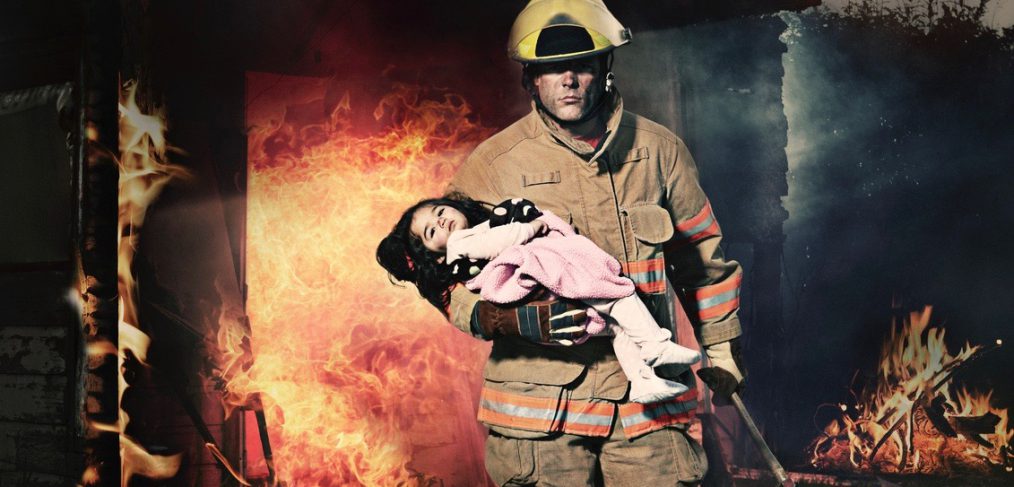
Hero
“Heroes are made by the paths they choose, not the powers they are graced with.”
~Brodi Ashton
“As you get older, it is harder to have heroes, but it is sort of necessary.”
~Ernest Hemingway
The meanings of certain words have been diluted in this age of instantaneous information. People throw the them around without a thought to their meaning or their impact. To me, “hero” is an important example.
In the past, I tended to cringe whenever I heard the word “hero,” mainly because I heard it so much. It used to be reserved for those among us who did truly extraordinary things or were able to get jobs done in extremely trying circumstances.
So what is the essence of acting heroically? Is it overcoming fear? Is it committing fully to a course of action? Is it going the extra mile? It may be all of these, some combination, or something entirely different. The essence of heroism is inherently ineffable. If it was something that could be measured or taught, it would lose its mystique.
The archetypal image of a hero is someone rescuing people from a burning building or diving into a frozen pond to save someone who has fallen through the ice, but an act doesn’t have to be highly visible. One of the most important characteristics of heroism is its selflessness. Heroes don’t act for acclaim.
It seems that the threshold for what it means to be a hero has been lowered. But this can also be seen as a reinterpretation of heroism. An example of this is someone’s commitment to a cause. Teachers are a great example of this. Many teachers work extremely long hours for very low pay and give way more than expected or required for the benefit of their students.
Ultimately, a hero is someone who made a positive difference in the world when it was not required, someone who stepped up when needed, someone who answered the call when others wouldn’t. There are many heroes in the world.
Should we all strive to be heroes? Absolutely—each of us can be a hero in our own way. We can figure out how to make a positive difference. We can try to find the right time to step forward when others won’t. We can identify needs and take decisive action.
We can also possess the attitude of a hero: the readiness and willingness to step up when the call for something extraordinary or something special comes. We can be heroes before we do anything heroic by committing to a heroic role if one arises.
Most importantly, we can be heroes by never thinking of ourselves as heroes (or letting anyone else think of us that way). We have to assimilate these qualities without any hint of desire for recognition. The motivation of a hero has to be the outcome of the heroic act. The moment we consider acclaim or recognition to be a motivation, or even a reward, our hero status is revoked.
That doesn’t mean we shouldn’t recognize the heroes in our midst—we can and should recognize them and be grateful to them. Heroes don’t think of themselves as heroes, but that doesn’t mean we can’t. We owe it to the heroes in our lives to give something back—to make sure they know that we appreciate their attitudes and actions, not because they expect it but because they deserve it.
There’s heroism in all of us—it’s up to us to let it out.
 Blocks of Life (The Book!) is now available! Get it here!
Blocks of Life (The Book!) is now available! Get it here!



